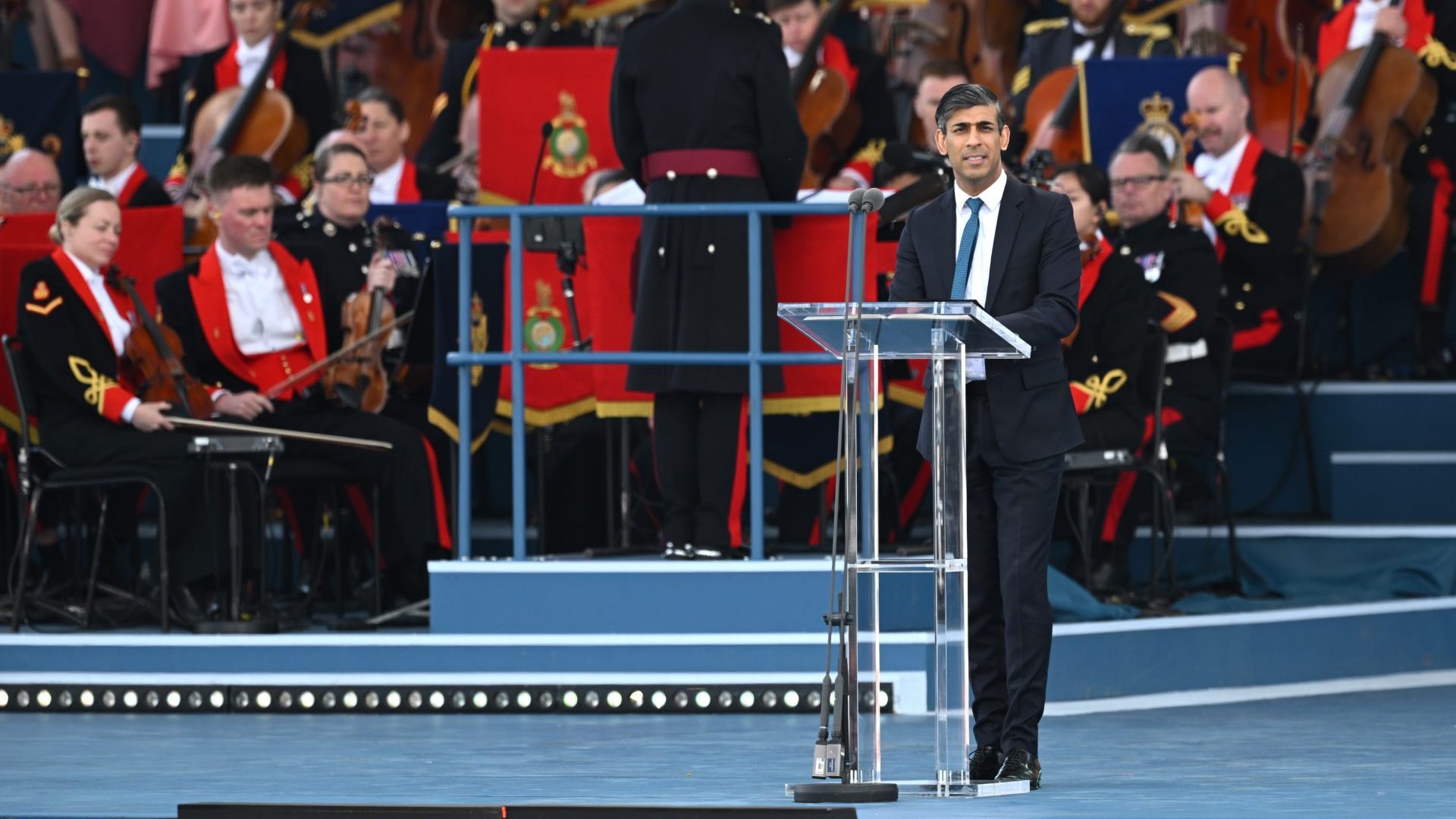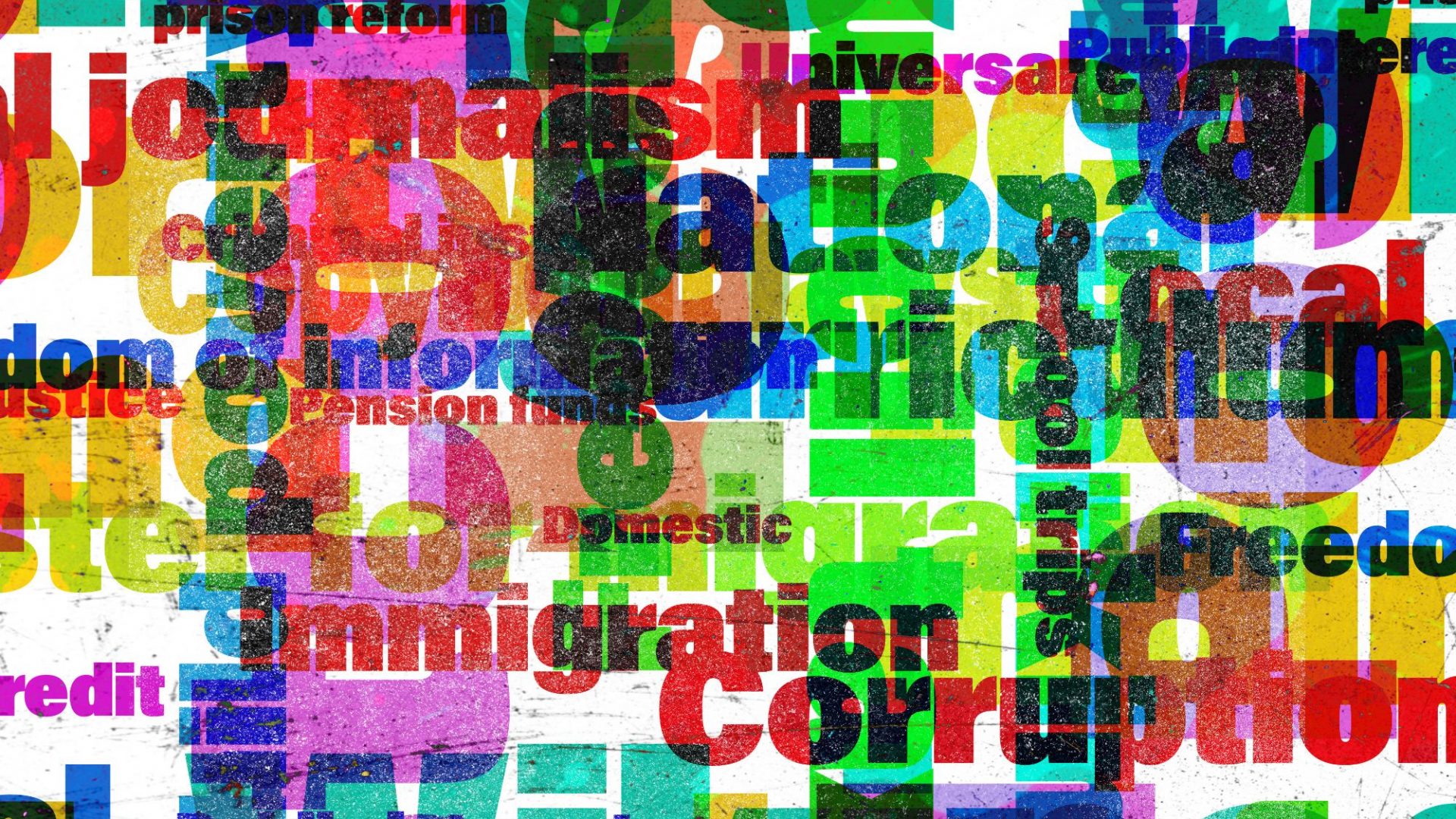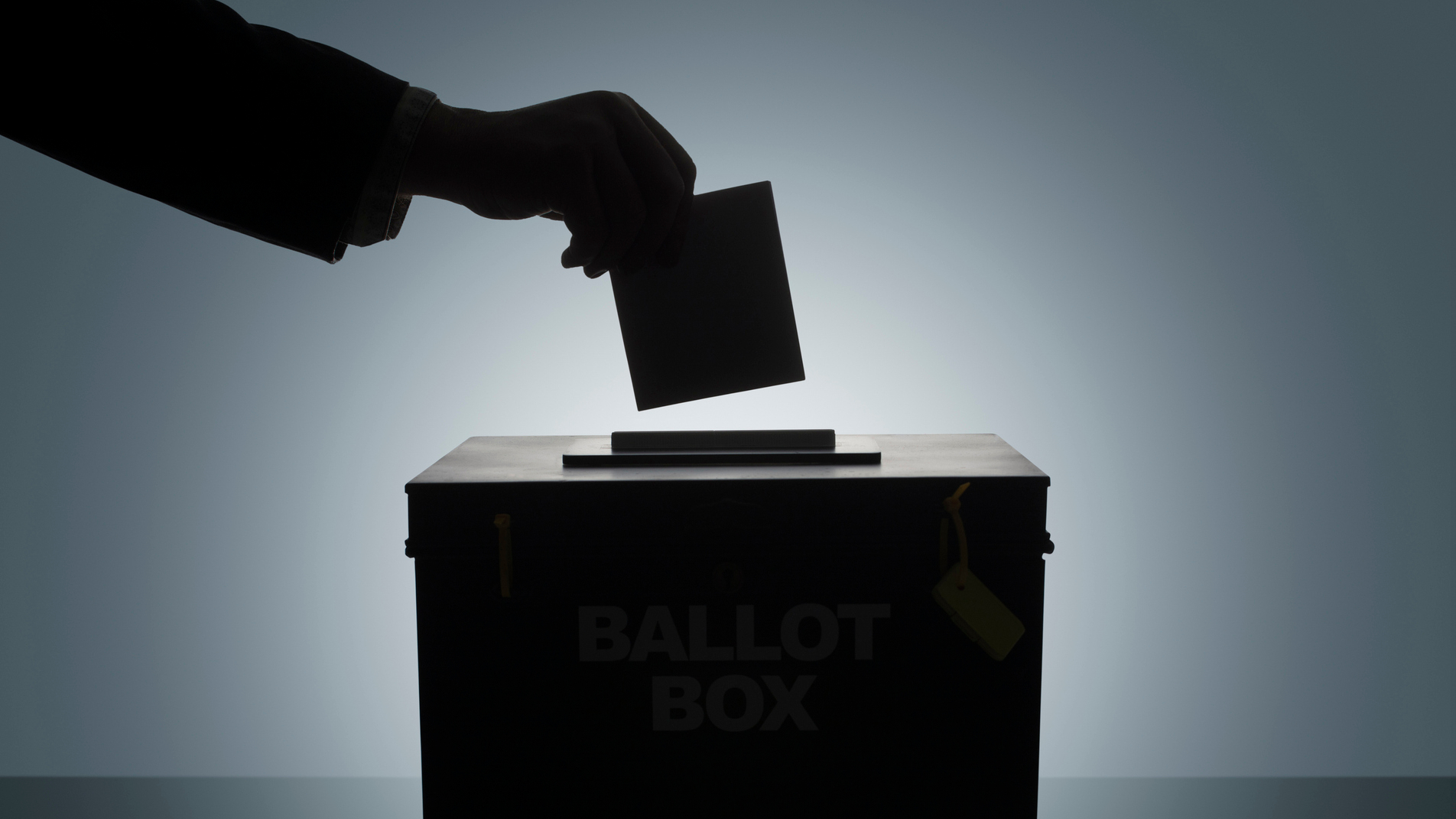Just how far out of touch can you be and still survive in public life? So out of touch that you don’t grasp the importance of remembering those who gave their lives 80 years ago to protect our freedoms; the importance of honouring those who served with the fallen and lived to tell the tale all these decades later.
I’m not talking about Rishi Sunak. We know he’s out of touch. There are the helicopters and the £900 trainers and the surreal encounters with real people. As in: “My father died alone while you lot partied”, “I gave you furlough.” And “I can’t make ends meet”, “I know how you feel”.
To dodge the international element of the D-Day commemorations in Normandy to pre-record a television interview in which he lied about not being a liar was pretty much par for the course. He’d been to the “British” bit, said a few trite words at “our” memorial in Ver-sur-Mer, shaken hands with Macron, stood with his wife gazing up at a photoshopped plane in a photoshopped blue sky and tweeted and instagrammed some more guff about our debt to the fallen. Job done.
He hadn’t even wanted to do that, but had to turn up to pacify the French. Who needs to hobnob with Biden and Scholz and Zelensky and Macron (again) 18 miles along the coast as well? Especially when you’ll be seeing them next week. There’s an election to win.
Well, we soon learned the answer to that.
Sunak can afford to be out of touch. He doesn’t need to survive in public life. He’s just got to get through to July 5 and then he can wander off with his £700m.
But our newspapers do want to survive in public life. And most of them are equally out of touch. The Mirror aside, every one of them missed or misinterpreted the biggest gaffe of the election campaign so far. And at the same time rendered meaningless all the reams of newsprint dedicated to saying how much we respect and owe to those D-Day heroes.
They had all sent colour writers to Ver, they had all focused on the 41 British veterans and on the King’s address. Because everything has to be all about us, they saw this as the main event, the thing that got the big-bill coverage.
The “international” bit; the bit that acknowledged that Canadians and Americans and the French had also played a part; the bit that was about celebrating peace as well as the heroism of war; the bit about the alliance between the liberated, the liberators and the determined-never-to-let-it-happen-again former enemy; the bit that brought together, probably for the last time, heads of state and government from east and west, along with more than a 100 actual or near centenarians who had fought in that war – that was the bit that got second billing. The bit that was so insignificant to our prime minister that he bunked off.
And only the Mirror recognised that this was not ok. Several did not even report that Sunak had left early. Those that did accepted without question the word of a Tory “source” who, according to the Sun, “played down the diplomatic impact of the PM’s absence, pointing out he will see Mr Macron, Mr Biden and other key leaders at the G7 summit in Italy next week”.
Well, journalists, I have news for you. Tory sources would, as Mandy Rice Davies might say, play down the “diplomatic impact”, wouldn’t they? But it was your job to recognise that this was somewhat strange behaviour – that the commemorations were not just another networking opportunity for world leaders, that the diplomatic courtesies were owed not to presidents and prime ministers and chancellors, but to the veterans and their fallen comrades. It was your job to say “hang on a minute”, not simply allow the Conservatives to wish away this monumental demonstration of disrespect.
You can sort of understand the Mail. It was full of “TV doctor” Michael Mosley going missing in Greece. This was a good story by any measure, and since he writes for the paper, the Mail was obviously going to make itself the centre of attention. Also, for all the jingoistic and pseudo-patriotic hyperbole, D-Day had clearly never been about the veterans – the clue to that being that the two writers sent to cover it were both royal reporters. How were they supposed to spot a real story? Although Robert Hardman did manage to note that President Macron was late for the British event and that his wife had committed a faux pas by squeezing Camilla’s hand. Send for the smelling salts.
But what about the Times? In focusing on an American veteran called Irving Locker, who had returned to Normandy “to receive a standing ovation from a 4,500-strong French crowd and more than two dozen world leaders”, Adam Sage wrote: “There was the Prince of Wales, whose arrival drew admirative gasps from the French people…There was President Biden of the United States, President Macron of France, and Olaf Scholz, the chancellor of Germany, too…Then there was President Zelensky, whose presence offered a reminder that the peace that cost so many lives in 1944 is cracking once again.”
Might he not have wondered at this point “Where was Rishi Sunak”? But that would have interrupted the flow. And it was all supposed to be about the veterans, not the great-and-good who had come to pay homage. But the question didn’t even seem to occur to him later on, when he reported: “Grant Shapps, the defence secretary, attended but his presence went almost unnoticed amid the heads of state and government. Sir Keir Starmer, the Labour leader, also attended and chatted to Zelensky and Justin Trudeau, the prime minister of Canada, sending out a subliminal message that he was a British prime minister in waiting.” Quite. And Sunak? What about Sunak?
His paper did at least put the international element on the front, with Biden’s words about world peace and a photograph of the US and French presidents and wives as the main image. It also reported that the King had not gone to Saint Laurent sur Mer for the Omaha beach ceremony, citing his cancer treatment, but not a word about absent Rishi.
The Express and Telegraph, both of which have an abiding obsession with all matters world war two, also failed to mention the early exit. Because they didn’t notice or didn’t care? Or absolutely did notice and realised that such behaviour would not play well with the readers they hope to persuade to stick with Rishi?
Meanwhile the Guardian showed its inability to distinguish between disapproving of war and honouring those who served in one by putting the whole shooting match back on pages 18 and 19.
It woke up next day – as did its rivals, after social media and broadcasters had spent 24 hours turning up the volume – to splash on “Furious Tories turn on Sunak over D-Day snub”. Having been jolted from their torpor, Saturday’s papers ran pretty true to form: “Truly sorry” from the Express, with “Rishi” apologising to “veterans and Express readers”; The Times going blue-on-blue with Penny Mordaunt’s assertion in the televised leaders’ debate that Sunak had been “completely wrong”; the Telegraph burying the fallout in a lead story about Tories planning to axe stamp duty for first-time buyers.
The i and FT were with the Guardian in thinking the key point was Tory anger/despair, while the Star, pithy as ever, did a Dad’s Army mock-up with Sunak as Pike and the main headline “Stupid boy”. The Sun and Mail – which, back in the day, had splashed on the “disrespectful” Jeremy Corbyn not bowing deep enough at the Cenotaph and derided Michael Foot’s Remembrance Sunday “donkey jacket” – retreated behind Michael Mosley. The Sun did at least have “I’m so sorry” in a corner on the front; the Mail relegated first mention of the row to pages 10 and 11.
As mentioned earlier, the Mirror alone had recognised the importance of Sunak’s early departure from Normandy the day before, when it led with Lizzy Buchan’s “PM ditches D-Day”. As a Labour-supporting paper with an election coming up fast, the Mirror is obviously happy to seize on anything that shows the prime minister in a bad light. But that first splash was quite rightly about the snub to the veterans, not about the prospects for July 4.
By Saturday, though, that was what it had become for everyone – press and broadcasters alike – and the Mirror reaped its reward, declaring “It’s over”. Sunak’s “D-Day shame” had ended the party’s re-election hopes.
And here’s the problem for the whole political and media biosphere: everything is seen through their fisheye lens, which utterly fails to show the full picture. This was further demonstrated by Sunak’s “I’m so sorry” interview with Sky’s Sam Coates in which he said the Normandy schedule had been arranged weeks ago, long before the election.
What were we supposed to take from that? That snubbing veterans wouldn’t have mattered if there wasn’t an election campaign on now? Are we supposed to believe that just because an election hadn’t been called, it wasn’t on the horizon? Because, you know, guess who got to choose the date we were going to the polls? Was it not in Sunak’s mind when that timetable was set out? What’s more, we also learnt (as ever, via Byline Times rather than the mainstream press) that he hadn’t wanted to go even to the “British” bit.
This wasn’t just an election gaffe – though it could turn out to be the day Sunak lost the last vestige of hope that he might return to No 10. It was a demonstration of the disdain with which our prime minister treats the rest of the world and our allies, a crass extension of the mentality that leads him to regard the European Convention on Human Rights, an international accord dreamt up in part by Conservative hero Winston Churchill, as an interfering “foreign court”.
His absence – and the reason (excuse) for it – reflects badly on him and on our country. It also served to show up the weakness of our press in recognising (a) what the day was all about, and, (b) the significance of Sunak’s actions.
This is all symptomatic of another, more pervasive weakness: the failure by some rightwing papers to adapt to the almost inevitable: that people are not going to vote the Conservatives back into office. In the week before D-Day, the Telegraph devoted almost an entire front page to what Nigel Farage and Jeremy Hunt wanted to do should they be running the country next month. Neither will.
After the first leaders’ debate and the exposure of Sunak’s lie over the source of his “Labour will tax you” figures, the Mail actually ran a spread headline “Starmer on ropes over tax warning”. On June 7, when they should have been noticing that the prime minister had let the country down, the Tory papers were drooling (courtesy of the Guardian) over Rachel Reeves’s “dirty dozen” of possible tax targets. The Express continues to pump out “Rishi says” nonsense as nailed-on fact.
Don’t they read the opinion polls? Do they think everyone who says they’re not going to vote Tory is lying (though some are)? The Mail sees a survey showing Labour 24 points ahead with Starmer and his party trusted over Sunak and the Tories on every measure and makes the headline “Majority oppose lowering voting age to 16”, with the subdeck “Damning verdict on Labour’s flagship policy in blow to Starmer”.
Another way of looking at the polling figures is to add the Tory and Reform support votes together and conclude that if Farage’s lot weren’t being a nuisance, the Conservatives would be only a few points behind Labour – as the Telegraph’s Allister Heath did in a column that said the Tories were heading for oblivion and it was all the fault of the wets.
Surely they must all by now have cottoned on to the idea that the country has had enough of Mr Sunak and his army. Are they in denial? What are they going to do when the day of reckoning comes next month? What are they going to say to readers if there’s a Labour landslide? Are they going to assume that it wasn’t their readers, but some other misguided majority, who voted Starmer into office?
Which brings me back to my initial question: how far out of touch can you be and still survive in public life? Or in business?




